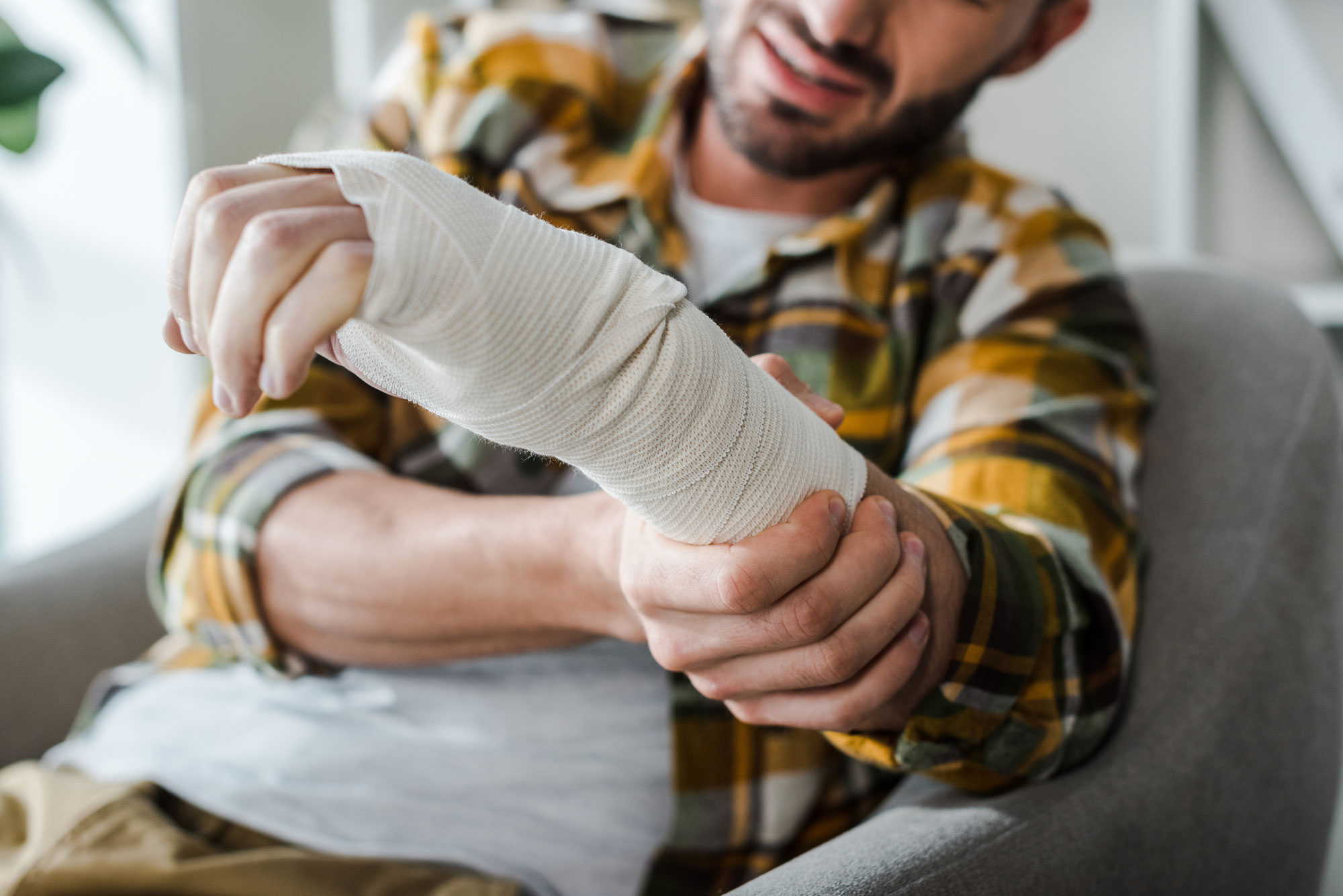Personal Injury Law
Personal injury law encompasses legal remedies and defenses involved in civil lawsuits brought as a result of wrongful conduct. These cases typically arise when someone suffers harm due to the negligent or intentional actions of another party. Personal injury law allows injured individuals, known as plaintiffs, to seek compensation for their losses, including medical expenses, lost wages, pain and suffering, and other damages.
Introduction to Personal Injury Law
Personal injury law is a branch of civil law that deals with legal disputes arising from accidents, injuries, or wrongful conduct. It is designed to provide recourse to individuals who have been harmed due to the actions or negligence of others. Personal injury cases can range from car accidents and workplace injuries to medical malpractice and defective products.
Key Concepts in Personal Injury Law
Negligence
Negligence is a fundamental concept in personal injury law. It refers to the failure to exercise reasonable care, resulting in harm to another person. To prove negligence, the plaintiff must demonstrate that the defendant owed a duty of care, breached that duty, and caused the plaintiff’s injuries.
Compensation
In personal injury cases, compensation, also known as damages, is awarded to injured parties to help them recover from their losses. Types of compensation may include medical expenses, lost wages, property damage, and pain and suffering.
Liability
Liability determines who is legally responsible for an injury or damages. Liability can be based on negligence, strict liability, or intentional wrongdoing. Establishing liability is crucial in personal injury cases to hold the responsible party accountable for their actions.
Settlement
Many personal injury cases are resolved through settlement negotiations outside of court. Settlements involve an agreement between the parties, where the defendant agrees to pay the plaintiff a certain amount of compensation in exchange for releasing them from further liability.
Trial Process
If a settlement cannot be reached, the case may proceed to trial. During trial, both parties present evidence and arguments before a judge and/or jury, who ultimately decide the outcome of the case.
Types of Personal Injury Cases
Car Accidents
Car accidents are a common cause of personal injury claims. Victims of car accidents may seek compensation for injuries and damages resulting from the negligence of another driver. A car accident lawyer can help victims get the help they need.
Workplace Injuries
Employees who are injured on the job may be entitled to workers’ compensation benefits. In some cases, they may also pursue a personal injury lawsuit against a negligent third party, such as a contractor or equipment manufacturer.
Medical Malpractice
Medical malpractice occurs when a healthcare provider’s negligence results in harm to a patient. Victims of medical malpractice may seek compensation for medical expenses, lost income, and other damages.
Slip and Fall Accidents
Property owners have a duty to maintain safe premises for visitors. When hazardous conditions cause slip and fall accidents, injured individuals may pursue compensation for their injuries through a premises liability claim.
Product Liability
Manufacturers, distributors, and sellers can be held liable for injuries caused by defective products. Product liability claims seek compensation for injuries resulting from design defects, manufacturing defects, or inadequate warnings.
Wrongful Death
When a person dies as a result of someone else’s negligence or wrongful conduct, surviving family members may file a wrongful death lawsuit to seek compensation for their loss.
Legal Resources and Support
Finding a Personal Injury Lawyer
It’s essential to choose an experienced personal injury lawyer to represent your interests and guide you through the legal process.
Legal Aid and Pro Bono Services
For individuals who cannot afford legal representation, there are organizations and attorneys who provide free or low-cost legal assistance.
Understanding Your Rights
Knowing your rights under personal injury law empowers you to make informed decisions and protect your interests.
Legal Assistance for Victims
Various resources and organizations offer support to injury victims, including advocacy groups, support hotlines, and counseling services.
Legal Process and Procedures
Initial Consultation
During an initial consultation with a personal injury lawyer, you’ll discuss the details of your case, legal options, and potential outcomes.
Investigation and Evidence Gathering
Building a strong case requires gathering evidence, such as medical records, witness statements, and expert opinions, to support your claims.
Negotiation and Settlement
Your attorney will negotiate with the opposing party or their insurance company to reach a fair settlement that compensates you for your losses.
Litigation and Trial
If a settlement cannot be reached, your case may proceed to trial, where evidence will be presented, and a judge or jury will determine the outcome.
Additional Resources and Information
Glossary of Legal Terms
A glossary of common legal terms used in personal injury law can help you understand the terminology used throughout the legal process.
Legal Blogs and Articles
Access to articles, blogs, and other resources offering insights and information on personal injury law and related topics.
Frequently Asked Questions
Answers to frequently asked questions about personal injury law, legal rights, and the claims process.
Legal Entities Involved
An overview of the roles of judges, juries, insurance companies, and other entities involved in personal injury cases.
Legal Entities Involved
Personal Injury Law Firm
Law firms specializing in personal injury cases provide legal representation and advocacy for injured individuals seeking compensation.
Plaintiff and Defendant
The plaintiff is the party bringing the lawsuit, while the defendant is the party being sued.
Judge and Jury
Judges preside over court proceedings and make rulings on legal issues, while juries are responsible for determining the facts of the case and reaching a verdict.
Medical Experts and Witnesses
Medical experts and witnesses may testify in personal injury cases to provide professional opinions and insights into the nature and extent of injuries.
Insurance Companies
Insurance companies may be involved in personal injury cases, either as defendants or providers of compensation through liability insurance policies.
Law Enforcement and Courtroom Personnel
Law enforcement officers, court clerks, and other personnel play various roles in the legal process, from investigating accidents to managing court proceedings.
Conclusion
Personal injury law is a complex and multifaceted area of the legal system that provides recourse to individuals who have been injured due to the negligence or wrongful conduct of others. By understanding the key concepts, types of cases, legal process, and available resources, you can navigate the personal injury claims process with confidence and pursue the compensation you deserve. Remember to consult with an experienced personal injury lawyer to ensure your rights are protected and your interests are represented effectively.





